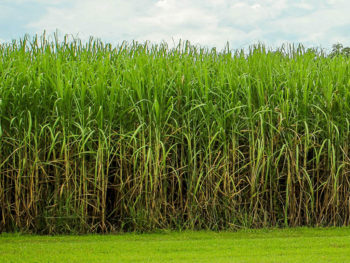Biofuel accounts for 4% of total road and non-road use
According to a provisional report on Renewable Fuel Statistics for 2019, published by the Department for Transport (DfT), 4% of road and non-road fuel used this year has been biofuel.
804 million litres equivalent of renewable fuel has been supplied, which constitutes 4% of total road and non-road mobile machinery fuel for the year, the report said. Of this, 256 million litres has been verified so far under the Renewable Transport Fuel Obligation (RTFO), which equates to an aggregate greenhouse gas (GHG) saving of 81% when compared to fossil fuel use. Accounting for emissions from indirect land-use change reduces this GHG saving to 76%. However, non-verified renewable fuel if verified after achieving certification would push the GHG saving significantly.
Of the verified renewable fuels, Biodiesel made up 56%, of which 80% was from used cooking oil, while Bioethanol accounted for 37%, with 47% of the fuel having been made from sugar cane. 19% of all verified renewable fuel supplied to the UK in this period was produced from UK-origin feedstocks, the report added, although 8% came from each of the following countries: China, USA, Spain, France and Peru.
Renewable fuels, often referred to as biofuels, are fuels produced from biomass (organic material from plants and animals), and other renewable energy sources. They are often blended with conventional fuels such as petrol or diesel, but they produce lower greenhouse gas emissions as their energy comes from renewable sources.
Under the RTFO obligation, suppliers of fuel for road and non-road mobile machinery that supply 450,000 litres or more per year must supply 8.5% renewable fuel in 2019, rising to 12.4% in 2032, although suppliers can buy out of their obligation on a fixed-price per litre basis.













